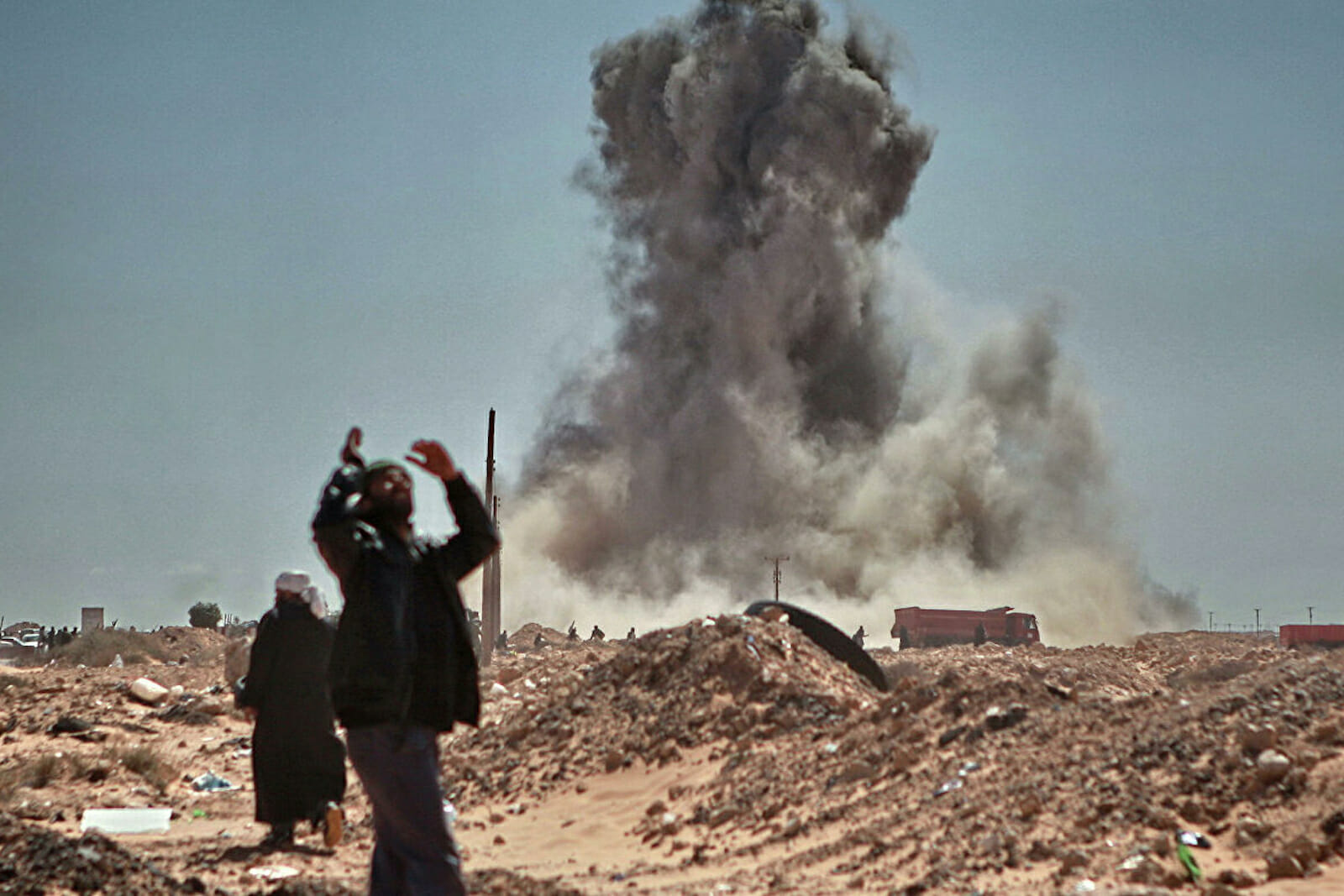
Turkish and Russian Intrusion into the Libyan Conflict: The Spanish Reaction
In January of this year, oil returned to the front of the Libyan conflict as Russian-backed Khalifa Haftar shut down two major oilfields, including El-Sharara, the biggest production facility in the country. The news came within a week of failed peace talks between the two warring sides.
Oil disruptions in Libya are a major concern for Spain. The country is largely import-dependent, with up to 74 percent of its energy coming from imports and oil making up 97.1 percent of that. This makes Spain considerably vulnerable to disruptions. In 2019, Libya was the fourth-largest oil exporter to Spain, only second to Nigeria. In total, Libya exported over 8.5 million tonnes of oil to Spain, which amounted to nearly 13 percent of the country’s total consumption.
The production capacity of Libyan oilfields has been challenged throughout the years, but the recent Russian and Turkish interventions have been seen as a turning point in the conflict, and oil security may now be at a higher risk than ever before, with production reaching its lowest levels since 2011.
Russia began its direct involvement in Libya in September 2019, when 200 Wagner Group mercenaries were sent to Libya to support Haftar’s hampered assault on Tripoli. Prior to that, Haftar had been receiving financial and tactical assistance from Russia for several years. Turkey, on the other hand, started supplying military aid in support of Prime Minister Fayez al-Sarraj in exchange for an agreement which would modify sea borders between the two countries and thus give Turkey the opportunity to explore natural resources in the Mediterranean. The frequent arms deliveries as well as the deployment of mercenaries sent from Syria by Turkey not only constitute a violation of the arms embargo imposed in 2011 but have also very recently tilted the balance of fighting on the ground.
This has sparked peace talks to try to reach a diplomatic resolution. Such efforts have included the Berlin Conference on Libya and Operation Irini, the European Union initiative to ensure respect for the UN-imposed arms embargo.
Considering the economic and strategic interests that Spain holds in Libya, its policy towards the conflict has always been to offer its support to the country’s democratization efforts. Spain was one of the first countries to support the 2011 revolution and to recognize the transitional government at the time. Shortly before the Russian intrusion in Libya, Spain reasserted this stance and stated that no military solution would be possible in the conflict.
Now, as the conflict continues to develop and tensions escalate with the increasing involvement of foreign powers, Spain has remained strongly positioned on the side of dialogue, reconciliation, and respect for international law and agreements. After the Berlin Conference on Libya, Spain expressed its support to the UN and its reconciliation plan for Libya and took a stance against the countries that are currently intervening in the conflict solely for their own gains. Spain’s ambassador to Libya also voiced the need for the EU to support the UN as well. In early February, the Spanish and Greek foreign ministers held a joint press conference where they strongly rejected Turkish involvement in Libya and demanded Turkey’s compliance with international law. They stressed the importance of peace and stability in the Mediterranean, and Spain showed itself ready to act to protect good neighbour relations in the region.
Amidst the numerous Spanish declarations in support of peace, reconciliation, diplomacy, and political resolution, it should not be forgotten that the state has interests in the region, mainly derived from its status as a Mediterranean country and net-oil importer. Behind the country’s concern for the stability of the Mediterranean region is the issue – shared by several Southern European countries – of refugee influxes. The Libyan conflict has in the past resulted in a deviation of migrant and refugee flows, making the Strait of Gibraltar a more used route. Very recently, Joseph Borrell, the EU’s foreign affairs minister, and Spain’s former minister of foreign affairs, declared that stabilization in Libya is a condition for the control of such migrant movements.
All of this, combined with the high energy dependence of Spain, is very useful in understanding the reactions of Spain to the developments in Libya. The country has been cautious in its responses, staying always on the side of peaceful resolution and stability and refusing to lend its support to any of the foreign parties aggravating the conflict.
In such a dynamic conflict, it is hard to predict whether Spain’s position will change with respect to Turkey and Russia’s intrusions into Libya, but the country’s stance has remained fairly stable since the 2011 revolution and its strategic interests will ensure that its current moderate position will continue to play in its favour.

